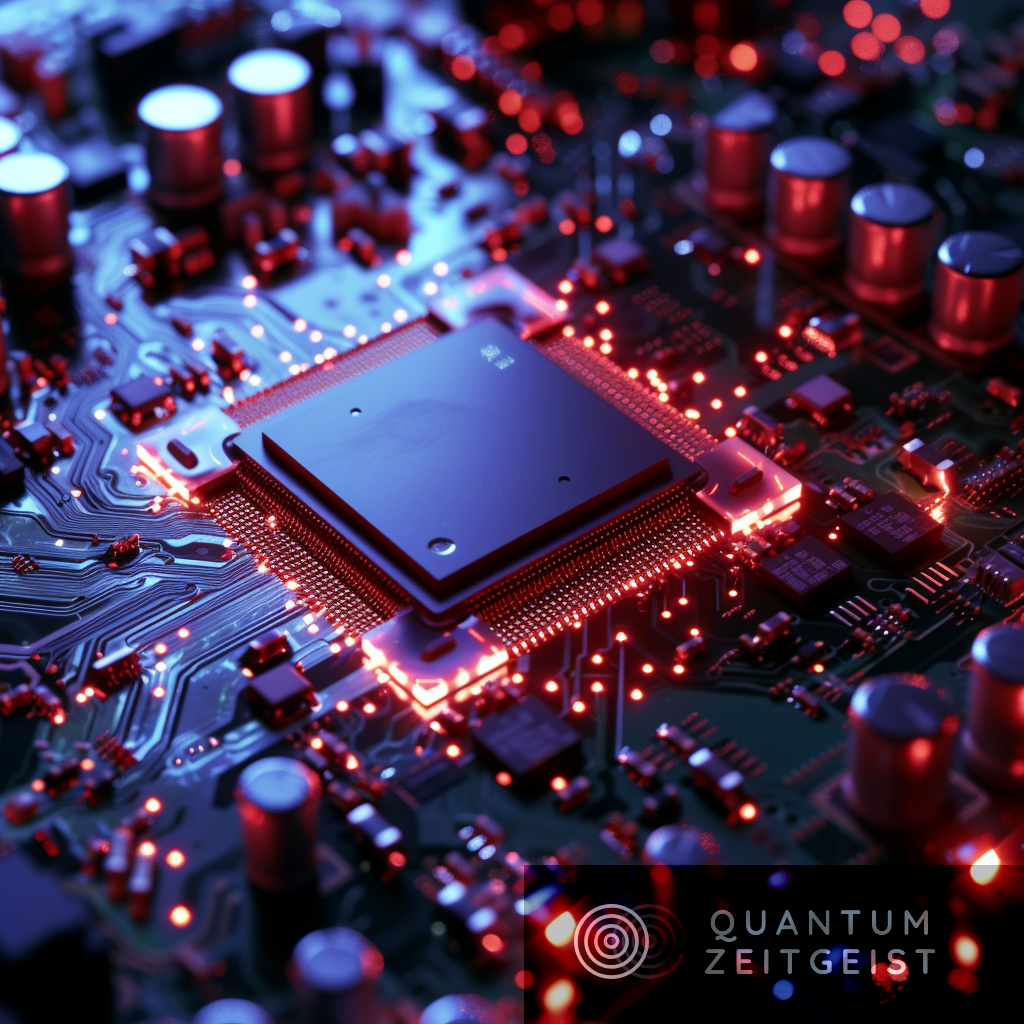A Bloomberg article has Asserted that Despite sanctions, Russia imported over $1 billion of advanced US and European chips in 2023, potentially aiding its military efforts in Ukraine. More than half of the imported semiconductors and integrated circuits were made by companies including Intel Corp, Advanced Micro Devices, Analog Devices Inc, Infineon Technologies AG, STMicroelectronics NV, and NXP Semiconductors NV. These companies assert full compliance with sanctions, claiming they ceased business in Russia when the war began. Most restricted technology enters Russia through re-exports from third countries like China, Turkey, and the UAE. Efforts to block these routes are ongoing.
Russia’s Import of US and European Chips Amid Sanctions
Despite the sanctions imposed to prevent Russia from acquiring technology to fuel its war in Ukraine, the country imported over $1 billion worth of advanced US and European chips in 2023. This information is based on classified Russian customs service data obtained by Bloomberg, which reveals that more than half of the imported semiconductors and integrated circuits in the first nine months of 2023 were manufactured by US and European companies.
These companies include prominent names such as Intel Corp, Advanced Micro Devices, and Analog Devices Inc. from the US, and European brands like Infineon Technologies AG, STMicroelectronics NV, and NXP Semiconductors NV. The data, however, does not indicate any violations of sanctions laws or provide details about the origin, shipping routes, or manufacturing dates of the technologies. The implicated companies have maintained that they are in full compliance with sanctions, stating that they ceased business in Russia when the war began and have implemented monitoring processes.
The majority of the restricted technology enters Russia through re-exports from third countries such as China, Turkey, and the United Arab Emirates. The US and EU have been making efforts to block these routes, particularly those that are used to transport high-priority dual-use and advanced goods that are present in Russian weaponry.
Despite the sanctions, Russia’s ability to import arms and military equipment has been minimally impacted. In the first nine months of 2023, Moscow imported $1.7 billion worth of chips, with $1.2 billion sourced from 20 companies. Additional contributions from smaller manufacturers, likely from Europe and the US, accounted for the remaining $500 million.
The fact that Russia has been able to import such a significant amount of advanced chips from the US and Europe, despite the sanctions, raises questions about the effectiveness of these restrictions. It also highlights the challenges in enforcing these sanctions, particularly when third countries are involved in the re-export of these technologies.
The companies implicated have asserted their full compliance with the sanctions. They have stated that they ceased business in Russia when the war began and have implemented monitoring processes to ensure compliance. However, the data does not provide information on the origin, shipping routes, or manufacturing dates of the technologies, making it difficult to verify these claims.

